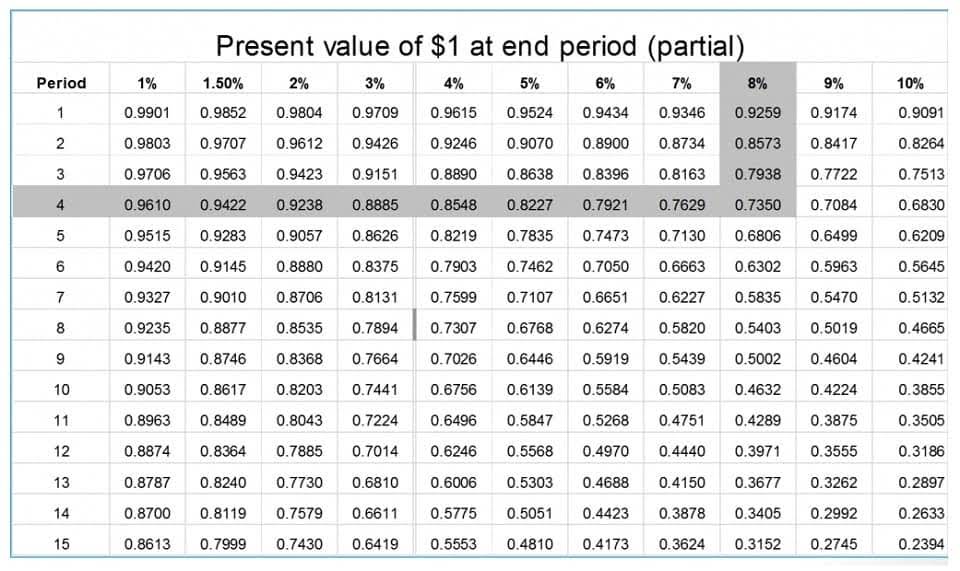
If there are any pest problems, they will need to be rectified before the sale can proceed—assuming that you want to continue with the purchase. This is another area where you may want to renegotiate with the seller to pay for the work. You aren’t required to obtain a home inspection when you purchase a home, but it’s in your best interest to do so. For a few hundred dollars, a professional home inspector will tell you if there are any dangerous or costly defects in the home. If the appraisal comes in lower than the offered price, the lender will not give you financing unless you are willing to come up with cash for the difference or the seller lowers the price to the appraised amount.
- Her ideal home is a charming cottage-style residence in the countryside.
- This ensures the seller that the buyer has the money to go through with the purchase.
- Both buyers and sellers must ensure they’re dealing with reputable escrow services and be vigilant at every step.
- The lender can purchase an insurance policy on the home themselves to protect their financial interests.
- For instance, if an insurer decides to no longer offer policies in a particular region.
- However, it’s better if you can get a copy of these documents in advance and go through them with more time and less pressure.
Would you prefer to work with a financial professional remotely or in-person?
The account is valid until the homeowner pays off the mortgage or refinances with another lender. When you enter into a purchase agreement, an escrow account is opened to keep your earnest money secure. It’s generally held by a neutral third party called an escrow company (sometimes it’s the title company), and managed by an escrow agent. This person takes care of the transactions on both ends, to ensure that everything is handled neutrally. Your mortgage lender may require an escrow account to accompany your loan.
Types of escrow accounts and how they work
Once the real estate transaction closes and you sign all the necessary paperwork and mortgage documents, the escrow company releases the earnest money. Usually, buyers get the money back and apply it to their down payment and mortgage closing costs. In the case of home buying, it would be the sale, purchase and ownership of a home. For the remaining down payment and closing costs, you’ll need a cashier’s check. Many lenders require escrow, and in some cases, escrow may be legally mandated. If your lender does require escrow, the mortgage servicer will manage the escrow account and pay the taxes and insurance fees when they are due.
Meet Top Certified Financial Advisors Near You
Online escrow, like real estate and stock market escrow, protects the buyer and seller from fraud or nonpayment. An online escrow service acts as the third party for online product sales. Buyers define escrow in real estate send their payments to the escrow service, which holds the money until the product is received. If your lender doesn’t require you to have an escrow account, it’s a good idea to request one.

Do You Have to Pay A Real Estate Agent if You Decide Not to Buy or Sell A House?
- For example, the independent escrow officer disburses money on time to the lender, agents, taxing bodies and other parties.
- When the purchase is completed, the funds in the escrow account are typically applied toward the down payment.
- This compensation may influence the selection, appearance, and order of appearance on this site.
- If the home purchase is successful, the deposit will be applied to the buyer’s down payment.
- The seller might seek a variance while the property is in escrow to allow the buyer to proceed with their intended plans upon taking full ownership of the real estate.
This way the defendant is not responsible for distribution of judgment monies to the individual plaintiffs or the court-determined use (such as environmental remediation or mitigation). The defendant pays the total amount of the judgment (or settlement) to the court-administered or appointed escrow fund, and the fund distributes the money (often reimbursing its expenses from the judgment funds). When buying a home, there are a variety of escrow fees that are charged during the closing process. These expenses all have a meaning and you shouldn’t necessarily think of them as up-charges. Any adjustments in payments that occur at this time will pay for the shortage that already happened along with expected increases in property expenses.

Which of these is most important for your financial advisor to have?

To make sure everyone gets what they’re owed, the money being transferred from buyer to seller is typically held in an escrow account. But the seller or seller’s agent cannot legally make the buyer pay for both the owner’s and the lender’s title insurance policies and also insist on choosing the provider. Home buyers feel overwhelmed at the closing table, so don’t hesitate to ask questions about escrow payments and other documents. Escrow agreements provide security by delegating an asset to an escrow agent for safekeeping until each party meets his or her contractual obligations. Lenders in only 15 states are required to pay interest on escrow accounts.
After closing, escrow is a helpful way for homeowners to make their yearly property tax and homeowners insurance payments on time. You’ll most likely have to prepay some of your escrow costs at closing. For example, your mortgage servicer might make you pay upfront for your first https://www.bookstime.com/ year of homeowners insurance. If your policy costs $1,000, typically you’ll have to provide that amount at closing so that your servicer can pay for your first year’s coverage. An escrow account is where you set aside a certain amount of money from your monthly mortgage payments.
But nowadays, any asset that holds a value can be put into escrow including stocks, bonds, deeds, mortgages, patents, or a check. The escrow agent will arrange the closing process, including presenting the purchase and sale agreement, lender instructions, buyer and seller instructions, and other documents for the parties to sign. The escrow company acts as a neutral third party to collect the required funds and documents involved in the closing process, including the initial earnest money check, the loan documents, and the signed deed. In some areas, attorneys may handle this process instead of an escrow company, in which case it’s often called “settlement” rather than “escrow.” While escrow can seem like a complicated beast, it protects the buyer and the seller during the home buying process.
